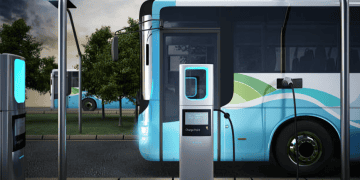Cities around the world are increasingly exploring sustainable transportation strategies to enhance urban mobility, minimize environmental impact, and enrich residents’ quality of life.
In Dublin, for example, the city has introduced measures such as dedicated bus lanes, pedestrian-only streets, and main traffic lanes leading to the city center, all aimed at encouraging alternative transportation methods.
Likewise, cities such as Amsterdam, Paris, Barcelona, and Copenhagen are prioritizing the reduction of carbon dioxide emissions while promoting walking, biking, and public transit options.
These thoughtful initiatives seek to tackle the challenges of traffic congestion and pollution that many urban areas face.
By fostering the use of alternative modes of transportation, cities have the opportunity to lessen their dependency on cars, which can contribute to lower greenhouse gas emissions and improved air quality.
Moreover, sustainable transportation solutions can enhance social equity by providing accessible and affordable mobility options for all residents.
As urban populations continue to grow, the thoughtful adoption of sustainable transportation strategies will be essential in shaping the future of urban mobility.
Breaking supply chain news is just a click away at The Supply Chain Report. Enhance your knowledge of international trade at ADAMftd.com with free tools.
#SustainableUrbanMobility #GreenTransportation #EcoFriendlyCities #UrbanSustainability #PublicTransit #WalkableCities #BikeFriendly #TrafficReduction #AirQualityImprovement #SocialEquity #FutureOfUrbanMobility















